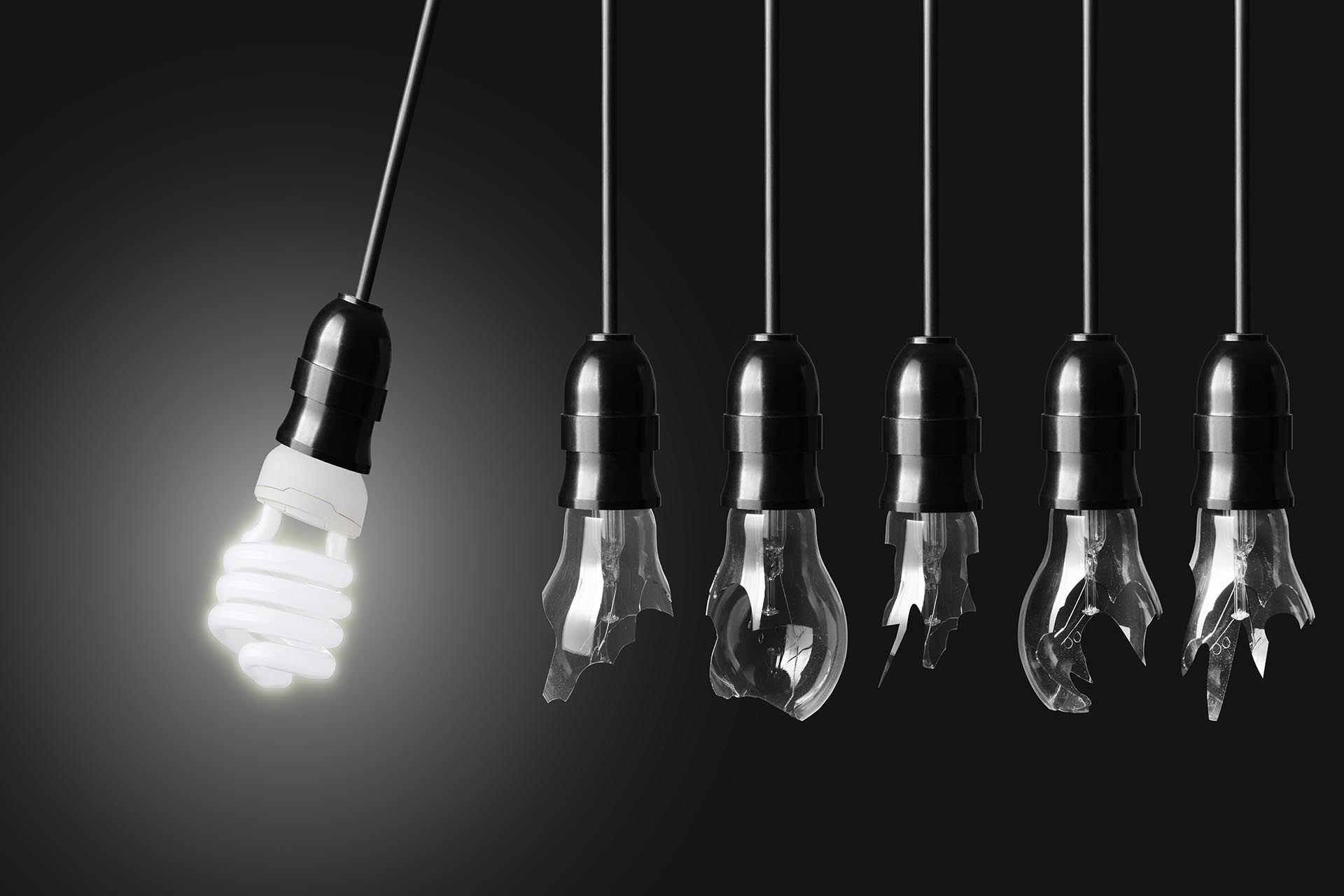Asides from the ever-rising energy bill, the inevitable consequence of years of burning fossil fuels are finally catching up with us and endangering our planet. There are several ways to curb this devastating occurrence from becoming worse, chief amongst which are energy-efficient homes.
Energy-efficient homes do not only work to save the planet and humanity in general, however, they also save you a lot of money on your energy bill. Listed below are 5 ways you can make your home more energy-efficient:
 Window Replacement
Window Replacement
Faulty windows and improperly fixed doors are major ways energy can be lost from your home. If you have aluminum window frames, this could be a major source of heat loss from your home since aluminum is a good heat conductor. To curb this, get a replacement window frame made of wood, fiberglass, or vinyl.
Insulate and Seal Leaks
Even though often neglected, attics and basements store a large amount of cool and warm air. If your attic has less than 11 inches of fiberglass or 8 inches of cellulose, you should seriously consider adding to it to reduce the amount of heat loss to the environment. Leaks and cracks around windows and doors are also a major source of heat loss that drives up your energy bill. This can be corrected by sealing leaks and cracks with foam sealants.
Smart Thermostats
A smart or programmable thermostat is another effective way of making your home more energy-efficient. This device is designed to adjust the temperature in your home to your family’s energy usage pattern. A smart thermostat can be programmed to adjust the temperature of your home depending on your availability, helping you conserve as much energy as possible when you’re not home.
Upgrade Your Boiler
Boilers in gas-heated homes account for up to 60% of the carbon dioxide produced from such homes. When you have an inefficient electric boiler, it can raise your energy bill by hundreds of dollars. Finding a good boiler service in your area for an energy-efficient boiler upgrade will go a long way in reducing your energy bill and reduce the amount of carbon dioxide emitted from your home.
Pull The Plugs
When not in use, devices like Computers, TVs, and other appliances should be unplugged. When left plugged, these appliances use up a large amount of energy over time. Researches have shown that when left on standby, plugged appliances can add up to as much as 10% of the original cost to your energy bill. Even though stressful, unplugging every appliance in your home when not in use will do you great benefit in drastically reducing your energy bill.
